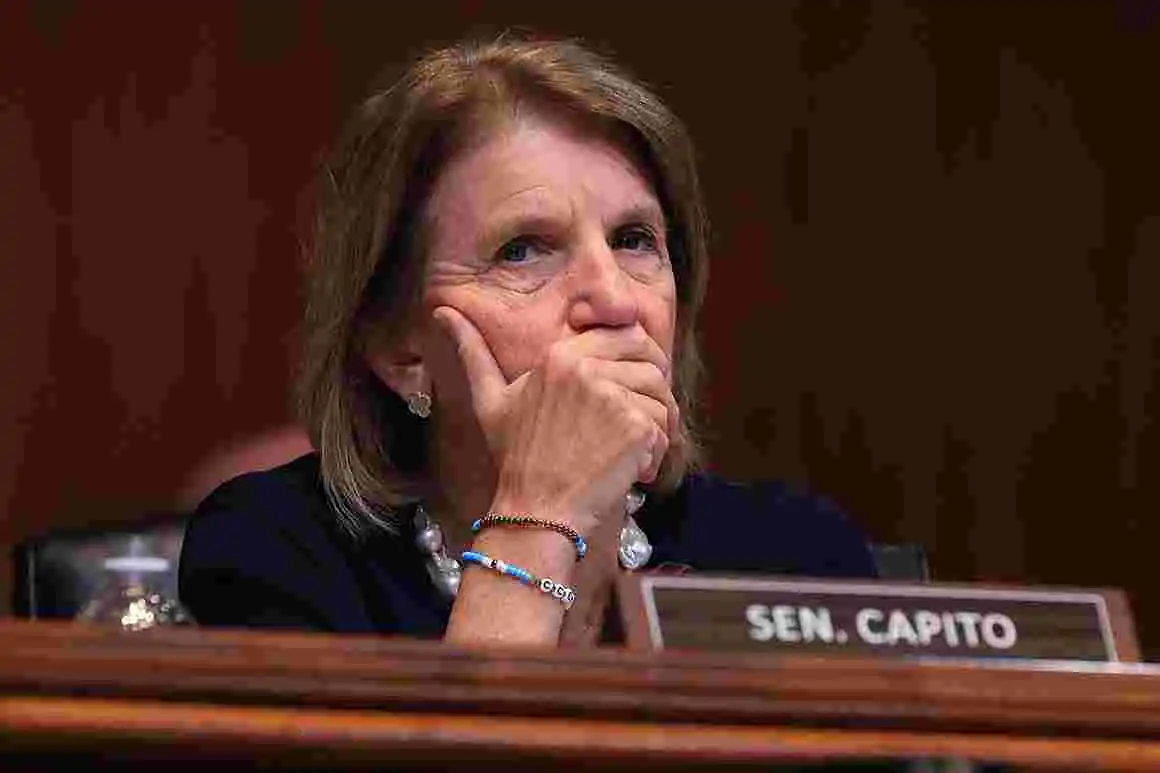
Tensions remain high between the parties as the House Transportation Committee prepares on Wednesday to mark up its five-year, $547 billion measure covering highways, transit and rail. It also contains significant provisions intended to blunt the effects of climate change, such as funding boosts for sustainable modes like zero-emission transit and biking and walking infrastructure, as well as new requirements forcing states to address state of good repair issues before expanding highway capacity and to take steps to reduce carbon emissions.
While there’s little doubt that the House can pass its reauthorization, what happens next remains a question mark, considering how different it's from its Senate companion. It's also becoming increasingly likely that it will serve as a vehicle for additional pieces of Biden's ambitious infrastructure plan.
Senate Majority Leader Chuck Schumer said Tuesday that the Democrats are “pursuing a two-path proposal” in which “part of the bill that'll pass will be bipartisan and part of it will be through reconciliation**.”** The surface bill is likely the bipartisan part.
Meanwhile, Senate Budget Committee Chair Bernie Sanders (I-Vt.) is already drafting a reconciliation bill in anticipation of the demise of the bipartisan process, for which he's long had little patience. He told newsmen Tuesday that he wants to move it “as soon as we can.”
But while budget reconciliation can be used to increase funding amounts, it can't be used to change policy. That will have to happen in the surface reauthorization.
Rep. Chuy García (D-Ill.) has “been sounding the alarm for months now that budget reconciliation alone can't save us,” he told a news outlet in an interview Tuesday. “We need policy change in order to promote projects that reduce carbon emissions and of course advanced things like transit, equity and not just more funding for the same broken transportation system.”
He has filed a suite of amendments aimed at making a progressive bill more progressive, including one that would increase transit funding by about $275 billion in order to bring it to parity with highway funding and another to add $200 billion to electrify “all the public transit buses, school buses and commuter passenger railroads in the country.”
By all accounts, the recurring talks Biden has been holding with a group of Senate Republicans have all but fallen apart.
Sen. John Barrasso (R-Wyo.) said Tuesday that the talks have hit a "significant roadblock," citing disagreements that have persisted since negotiations began.
"They’re including lots of things that traditional infrastructure wouldn’t include,” he said. “They’re focused on climate change, social welfare, those sorts of things. And they want to have massive tax increases to pay for it."
Even as Biden was planning to speak with Capito and other senators afterwards in the day, Psaki made it clear Tuesday that the latest GOP offer “did not meet the essential needs of our country,” leaving open the question of “what more there is to discuss, I guess, and what the path looks like forward.”
The T&I markup that begins Wednesday will likely stretch into Thursday at least. Dozens of amendments have already been posted to the committee website, with several more expected. Democratic aides have been talking privately about concerns about possible Republican attempts to detail the markup, possibly tying up the proceedings with procedural actions to slow things down in an attempt to extract concessions. According to him, he thinks Republicans “want to try twist the knife” to air their grievances with the partisan nature of the bill.
At the markup, House Transportation ranking member Sam Graves will charge Democrats with moving “further away from a compromise,” shutting out Republican priorities and prioritizing “the Green New Deal agenda.”
Even the wastewater bill the committee will also consider in Wednesday’s markup has turned into a partisan shouting match, with a Republican aide stating that the Democrats’ bill is “an outright rejection of their own bipartisan agreement we had last Congress.”